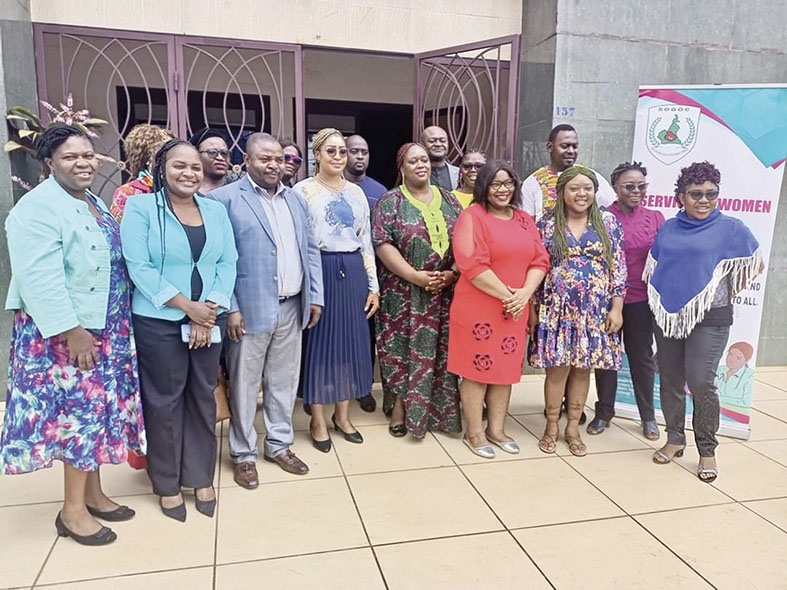Safe Abortion Access: The Cry Of Cameroonian Gynaecologists

One in four maternal deaths in Cameroon is linked to abortion. To reverse this disturbing trend, the Society of Gynaecologists and Obstetricians of Cameroon last week in Yaounde launched the second phase of its advocacy for comprehensive abortion care pro
Cameroon has a maternal mortality ratio of 406 deaths per 100 000 live births, according to the 2018 Demographic and Health Survey. And in every four maternal deaths, one is linked to complicated abortion. The Society of Gynaecologists and Obstetricians of Cameroon (SOGOC) attributes this to ignorance on the part of most women and complexity with the law for eligible cases. Members of the organisation last Wednesday, May 3, in Yaounde, launched the second phase of its sexual reproductive health project dubbed: Advocacy for Comprehensive Abortion Care, abbreviated ACAC.
This project that is funded by the Foundation for a Just Society International through the International Federation of Gynaecologists and Obstetricians is an extension of the first phase which ended last year. “We want the public to know that today, women are still dying from abortion-induced complications simply because they don’t know that Cameroon’s law provides for instances where they can afford for abortion care,” according to Dr Darolles Mwadjie, SOGOC’s secretary general who chaired the event on behalf of the organisation’s President.
Through the ACAC project, Dr Mwadjie explained, SOGOC is advocating a secure abortion care for eligible cases in Cameroon. “Cameroon’s law doesn’t completely forbid abortion,” she told Cameroon Insider. “There are some particular cases where abortion is legal in Cameroon but women don’t know this. Legal abortion in Cameroon is possible when the pregnancy is the result of a rape case, and secondly, when pregnancy put the health of the mother in serious danger.” She however laments that the challenge lies in the application of the law since “it is not a medical diagnosis to say that someone has not been raped or not”.
“It is a decision of the judiciary and sometimes, the procedure is so complicated so much so that before the abortion is practised, the delay has been so long that maybe the woman had already given birth.” Another challenge, Dr Mwadjie points out, is seeing to it that SOGOC applies the law in the context of the pregnancy and how it can reduce the lengthy process and carry out safe and secure abortion. Yenjong Rita Ataubo, ACAC’s project manager, is optimistic that the next eight months of SOGOC’s safe abortion advocacy will focus on ensuring that the administrative procedure for eligible cases are simplified.
“For, as it is now, the procedures are not very clear,” Yenjong tells Cameroon Insider. “So, what the project will do is, first, to state these procedures. Then we come out with referral pathway for eligible cases. We are going to disseminate it in all the 10 regions so that all the stakeholders engaged in ensuring that abortion services are being rendered to eligible cases; and know exactly what to do per time. With this document, we hope that eligible cases can have these services within 72 hours.”
In his speech read during the event by the secretary general, the President of SOGOC, Professor Emile Mboudou said every maternal death in Cameroon is “one too many” and that this calls for the concern of all and sundry. “Maternal mortality is a major public health problem worldwide and quite naturally in Cameroon, it is an indirect indicator of the quality of a country's health system,” Professor Mboudou wrote. Taking part in the launching of phase II of the ACAC project were representatives of the Ministries of Women’s Empowerment and the Family, and Public Health.







Comments